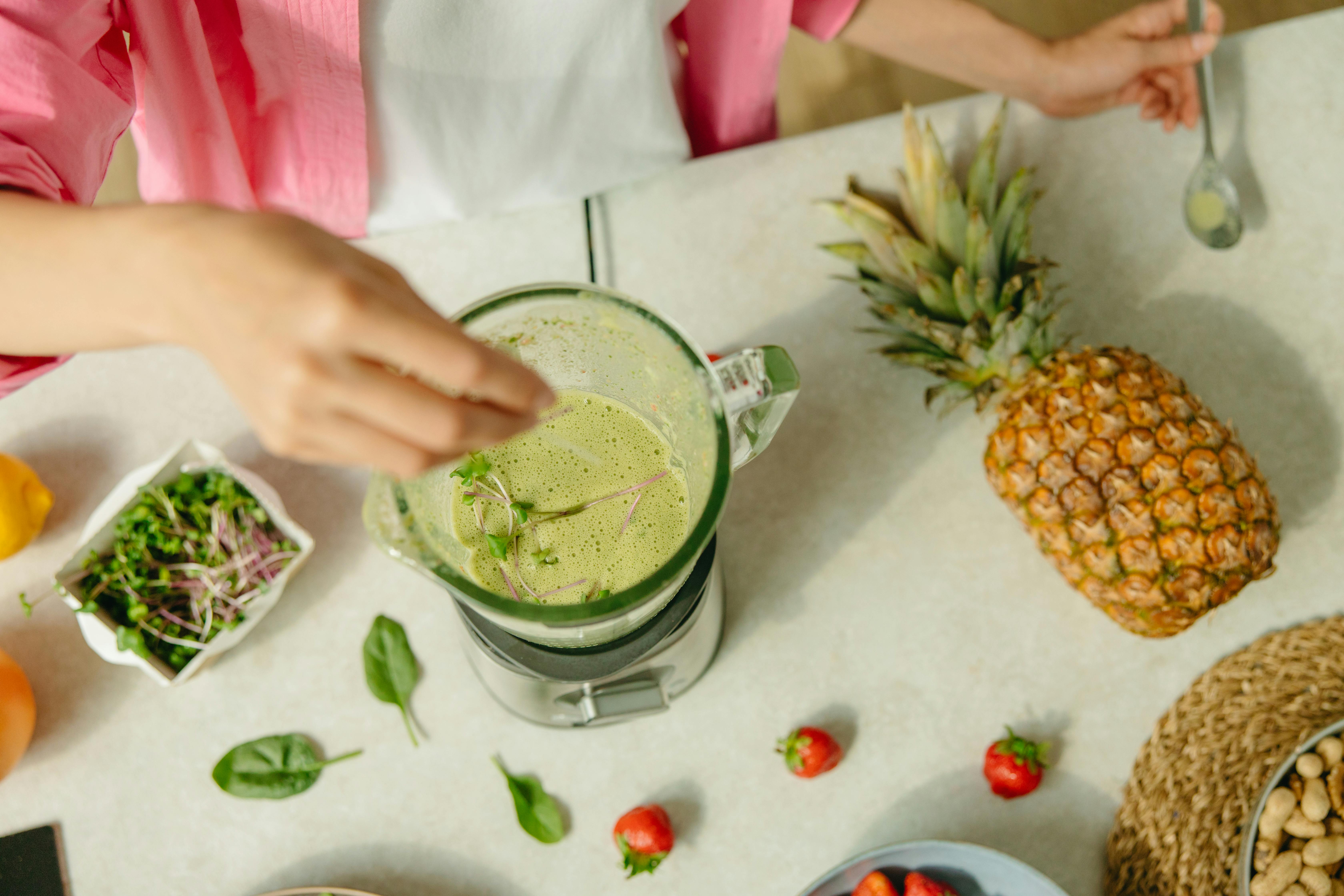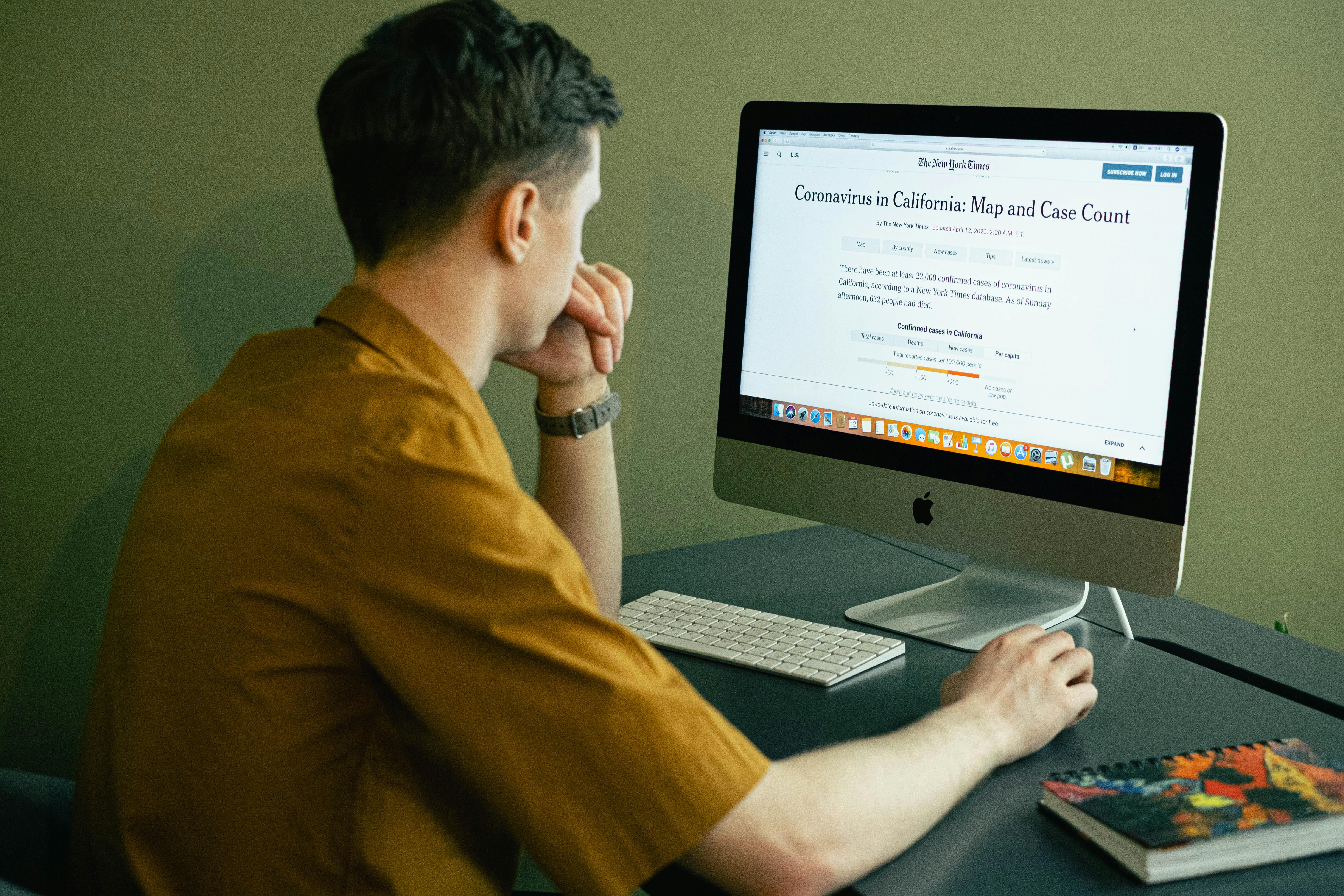Gratitude is more than a polite “thank you” or a fleeting thought of appreciation. It’s a mindset—a deliberate practice of noticing and celebrating the good in your life, no matter how big or small. In a world that often pulls our attention toward challenges and negativity, gratitude is a powerful tool for finding balance, reducing stress, and cultivating happiness.
Research from the Journal of Positive Psychology shows that people who regularly practice gratitude experience a 23% reduction in stress, improved sleep, and increased resilience to life’s challenges. In fact, a simple habit like reflecting on what you’re thankful for can lead to lasting improvements in mental and physical health.
If you’ve ever wondered how to embrace gratitude in a way that feels genuine and transformative, this guide will show you how to weave it into your daily life, one small step at a time.
Why Gratitude Matters
Gratitude is more than just a nice idea—it’s deeply rooted in neuroscience and psychology. It rewires your brain to focus on positive experiences, creating a cascade of mental and emotional benefits.
The Science of Gratitude:
- Rewiring the Brain: Gratitude activates the brain’s reward system, releasing dopamine and serotonin, which enhance mood and foster feelings of contentment.
- Strengthening Relationships: Expressing appreciation deepens connections with others by creating mutual trust and warmth.
- Reducing Stress and Anxiety: By focusing on what’s good, gratitude helps counteract the brain’s natural negativity bias.
Statistic: Studies from UC Berkeley’s Greater Good Science Center found that people who wrote weekly gratitude letters reported a 28% improvement in mental health after just four weeks.
The Benefits of Daily Gratitude
Incorporating gratitude into your daily routine isn’t just about feeling good—it can transform how you approach challenges and shape your outlook on life.
Key Benefits:
- Improved Mental Health: Gratitude reduces symptoms of depression, anxiety, and burnout.
- Stronger Relationships: Expressing thanks strengthens bonds with friends, family, and colleagues.
- Enhanced Resilience: Gratitude shifts your focus from problems to solutions, making it easier to adapt to stress.
- Better Physical Health: Research shows that gratitude is linked to better sleep, lower blood pressure, and a stronger immune system.
Example: A study published in Applied Psychology: Health and Well-Being found that individuals who wrote down three things they were grateful for each night slept an average of 30 minutes longer and woke up feeling more refreshed.
Practical Gratitude Practices for Everyday Life
Gratitude isn’t something you do once and forget—it’s a habit you build over time. Here are actionable ways to make gratitude a part of your daily routine.
1. Start a Gratitude Journal
Writing down what you’re grateful for is one of the most effective ways to cultivate a gratitude practice.
How to Start:
- Set aside 5–10 minutes each day to reflect on your blessings.
- Write down 3–5 things you’re thankful for. They can be big (a promotion) or small (a sunny day).
- Include why you’re grateful to deepen your emotional connection.
Example: Instead of “I’m grateful for my morning coffee,” expand to “I’m grateful for my morning coffee because it gives me a moment of calm before the day begins.”
Pro Tip: Keep your journal on your nightstand and make it part of your morning or bedtime routine.
2. Practice Gratitude During Meals
Mealtime is a natural opportunity to pause and reflect on what you’re thankful for.
Steps for a Gratitude Practice at Meals:
- Take a moment before eating to acknowledge the effort behind your meal, from the farmers to the cooks.
- If dining with others, share one thing each of you is grateful for that day.
- Eat mindfully, savoring each bite as a reminder of abundance.
Pro Tip: Start with one meal a day, such as dinner, to build the habit.
3. Write a Gratitude Letter
Expressing gratitude to someone can deepen your connection and bring joy to both you and the recipient.
How to Write a Gratitude Letter:
- Choose someone who has made a positive impact on your life.
- Write a heartfelt letter explaining why you appreciate them and how they’ve influenced you.
- If possible, deliver the letter in person for a meaningful moment of connection.
Statistic: A study by Harvard Health found that people who wrote and delivered gratitude letters experienced a significant boost in happiness that lasted for weeks.
4. Create a Gratitude Jar
This fun, visual activity is great for families, couples, or even individuals who enjoy tangible reminders of gratitude.
How It Works:
- Place a jar in a visible spot and keep slips of paper nearby.
- Each day, write down one thing you’re grateful for and add it to the jar.
- At the end of the week, month, or year, read the notes to reflect on your blessings.
Example: You might write, “Grateful for the unexpected phone call from an old friend today.”
5. Use Technology to Cultivate Gratitude
While our devices often distract us, they can also be powerful tools for gratitude.
Ideas for Tech-Assisted Gratitude:
- Set daily gratitude reminders on your phone.
- Use apps like Gratitude Journal or Reflectly to track your thoughts.
- Follow social media accounts that promote positivity and gratitude.
Pro Tip: Replace one scroll session with a moment to reflect on something positive happening in your life.
6. Practice Gratitude in Difficult Moments
Gratitude isn’t just for the good times—it’s a way to find strength in challenges.
How to Be Grateful During Hard Times:
- Look for lessons or growth opportunities in setbacks.
- Focus on what remains positive, even when circumstances are tough.
- Acknowledge small wins, such as completing a challenging task or receiving support from a friend.
Example: During a stressful workweek, you might reflect, “I’m grateful for my ability to problem-solve under pressure and the supportive coworker who helped lighten the load.”
7. End Your Day with Gratitude
How you end your day can shape your mindset for the next. Reflecting on gratitude before bed helps you sleep better and fosters a sense of calm.
Bedtime Gratitude Ritual:
- Think about three positive things that happened during the day.
- Reflect on why they were meaningful to you.
- Visualize one thing you’re looking forward to tomorrow.
Statistic: Research from Sleep Medicine Reviews shows that ending your day with gratitude reduces insomnia symptoms by 19% and improves overall sleep quality.
Overcoming Common Barriers to Gratitude
If gratitude doesn’t come naturally at first, that’s okay. Like any habit, it takes practice and patience to develop.
Common Challenges and Solutions:
- “I Don’t Have Time”: Start with 1–2 minutes a day—gratitude doesn’t have to be a long process.
- “I Can’t Think of Anything”: Focus on small, everyday blessings, like a kind gesture or a pleasant moment.
- “It Feels Forced”: Authenticity comes with practice. Start by noticing how gratitude makes you feel over time.
Pro Tip: Be gentle with yourself. Even a small effort to acknowledge what’s good in your life can lead to positive changes.
Conclusion
Gratitude isn’t a one-time fix for stress or negativity—it’s a lifelong practice of shifting your focus from what’s lacking to what’s abundant. By embracing these daily habits, you can cultivate a mindset that helps you navigate life’s challenges with grace and find joy in the little things.
Remember, gratitude is less about changing your circumstances and more about changing how you see them. Whether it’s a simple moment of appreciation during a busy day or a heartfelt letter to a loved one, every act of gratitude brings you closer to a life filled with contentment, balance, and peace.
The beauty of gratitude lies in its simplicity—start small, stay consistent, and watch as it transforms your life from the inside out.
Practice gratitude with Hapday, Your Wellbeing Assistant
Join the millions of people using Hapday. Improve overall wellness & sleep.




